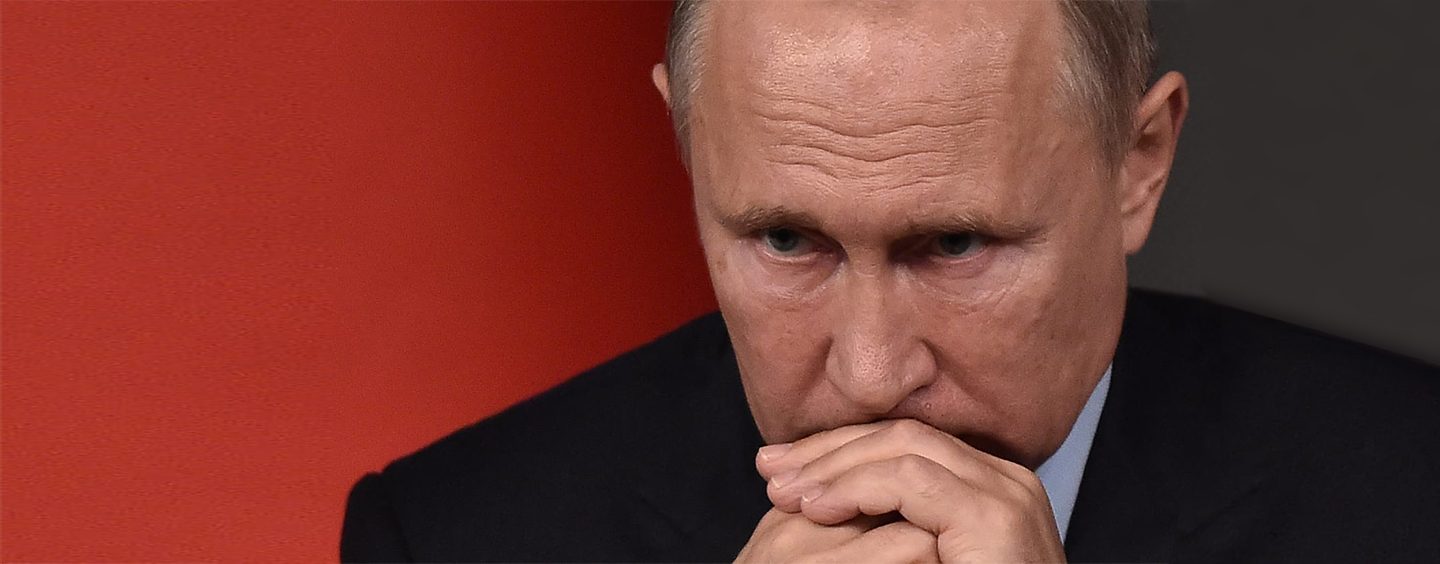By Dr. Vakhtang Maisaia, Ph.D. in politics and military science Caucasus International University (CIU)
After Russia’s intervention into Ukraine on February 24, 2022, under new “Barbarossa” blitzkrieg tactics, and the introduction of a new EU strategy for granting Georgia, Ukraine, and Moldova a membership candidacy status to the EU makes the EU enlargement to the East possible further, and the incumbent Russian government has been reinforcing its Eurasian integration politics more enthusiastically and more vigorously.
The idea to incorporate it into the Eurasian Economic Union with further transformation into a full-fledged Eurasian Union, Turkey was a real surprise. The idea has been proposed all of a sudden by then President of Kazakhstan Nursultan Nazarbayev, who used to be a very longtime proponent of the Eurasian integration similar to the European Union. In contradiction to the EU enlargement possibility not mentioned even NATO, Belarus and Brazil have hosted two important geopolitical forums.
Minsk held two Eurasian political forums – Custom Union and CIS Summits and Brazil hosted the BRICS Forum (Brazil, Russia, India, China, and South Africa) that later was transformed into a summit format with the indication of the creation of a new geopolitical center – southern geopolitical pole with financial resources in several trillions of US dollars.
Namely, the summits were held intentionally to demonstrate how counter-weight is to be the Eurasian integration structures against the EU Community. In that stance, the CIS Summit was a very interesting premise to take into account the fact of trying to retake Georgia into the organization – how the Belarus Alexander Lukashenka declared a special gesture to invite Georgia back to the ex-Soviet space under the aegis of the CIS. For example, Russia provides Belarus with financial subsidies annually for more than $10 billion as a way of damping prices on energy resources. This figure is different from the EU provided to the members of the so-called “Eastern Partnership” (to six countries – Georgia, Moldova, Armenia, Azerbaijan, Ukraine, Belarus) about 600 million euros. The figures are unequally toward each other. And with consideration that two nations – Armenia and Belarus are looking to the East rather than the West is easy to predict which nations are to be next to “re-take seats” from East to West in the opposite direction.
This is a very interesting case that Georgia was requested via the Belarus president to re-take over its “seat” to the CIS community in exchange for leaving a more lucrative “place under the EU” in aegis of the EU membership candidacy status that is sought to be arranged in June at the EU Summit. It makes clear how it was predicted in the previous article on the Eurasian Union integration pattern that the Kremlin will be reinforcing its pressure on Georgia to get backed the nation to the Eurasian community.
Armenia and Kyrgyzstan have been invited to join the Customs Union and the process is being torpedoed radically. The Ukrainian leadership was sharply criticized for its European integration policy and for its intention to fully become an associate member of the EU, the status stipulates to keep pace with Turkey in the run of the European integration process.
However, having received the same status-quo in relations with the EU, official Ankara is looking to the East in the North direction, and is strange to consider how Turkey is seeking to become a Eurasian power that is a more realistic dream rather than a mythical membership into the European community. Hence, a waiting list is proposed either to China, and with the domination of such possible great “oriental” geopolitical powers, President Vladimir Putin will be fulfilling his dream to remake stronger rather than the Soviet Union – a new Eurasian geopolitical entity. And the maxim of the classic geopolitics vowed by Sir Halford Mackinder, founder of the British Geopolitics “who controls the Heartland (Russia+China+Turkey), controls the World Island”.
The “World Island” is really making to counter-weight the incumbent geopolitical world power – the USA. That is why important to consider how seriously the Russian incumbent pays attention to realizing the project and by doing so how to prolong the Kremlin regime in more years ahead. Armenia and Kyrgyzstan are really states who are incorporating into the modern version of the “Beatles” well-known and famous song “Back to the USSR”. Modern Imperia stretching from Turkey to China via Russia is more like of new version of the Chingis-khan Mongol empire that existed in the 13-14 centuries. More general the model of the modern Eurasian geopolitical integration space is to be based on three main pillars:
The First Pillar –Eurasian Economic Component – is backed by the three main organizational structures: CIS, Custom Unions, and Eurasian Economic Union;
The Second Pillar – Eurasian Security Component – Shanghai Cooperation Organization and Collective Security Treaty Organization (CSTO) with its relevant military integrated structures – Joint Mobile Forces and Joint Military Coordination Staff;
The Third Pillar – Eurasian Political Component – the Eurasian Union with the inclusion of Turkey and China (backed on the idea of ex-CIS Secretary-General Boris Berezovskiy reflected in 1997 to incorporate into the Eurasian integration project Iran).
The Fourth Pillar – the creation of a new modern global international financial institution like to International Monetary Fund (IMF) and World Bank – the World Bank for Development under the aegis of the BRICS political forum with at least an initial capital volume of 12 billion dollars. The global center is considering changing the dominance of the American dollar and creating a new international currency payment system.
This is three-tier echelon constructed in Moscow is realized in a proper way and is a pending issue. The Russian side considered very nervously and utterly deceased Ukraine’s “message” to the Kremlin on following up its integration stance with the EU and that drives the Kremlin to military intervention in Ukraine and launched the non-just war. Russian badly needs to take up its positions in Ukraine, Moldova, and Georgia and concluded its geopolitical dream by the end.






